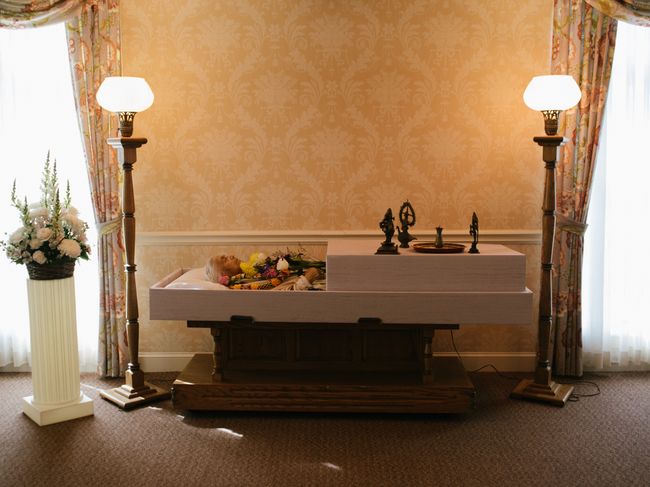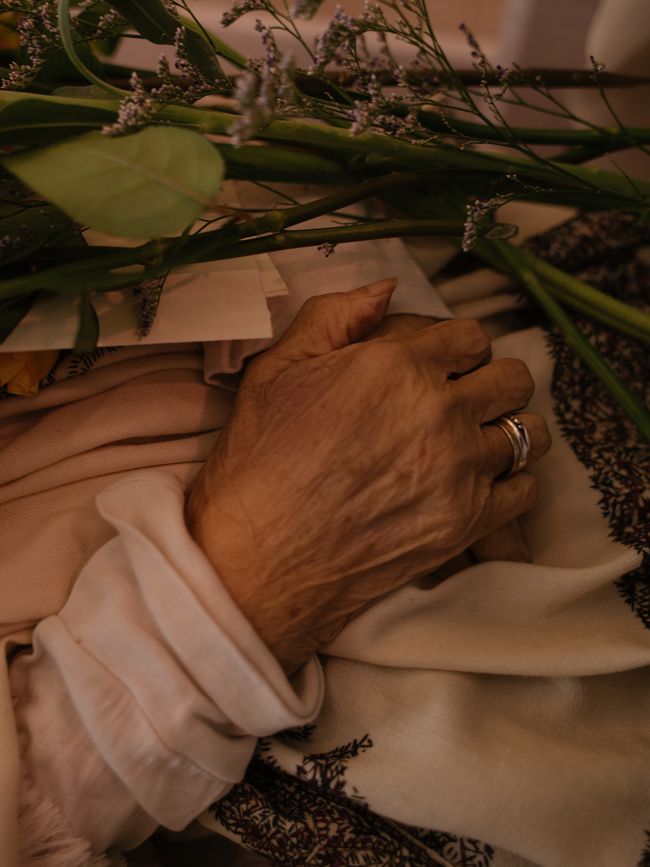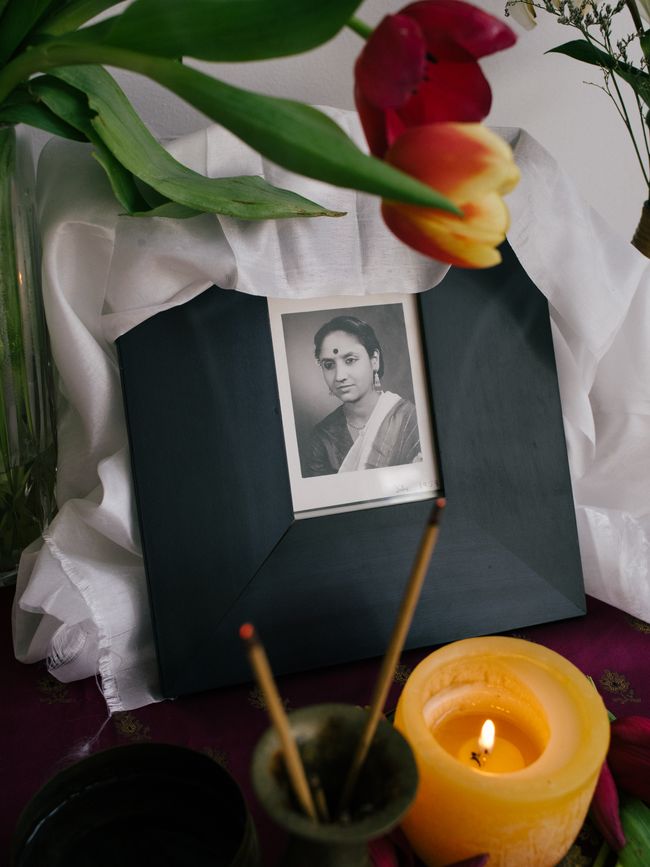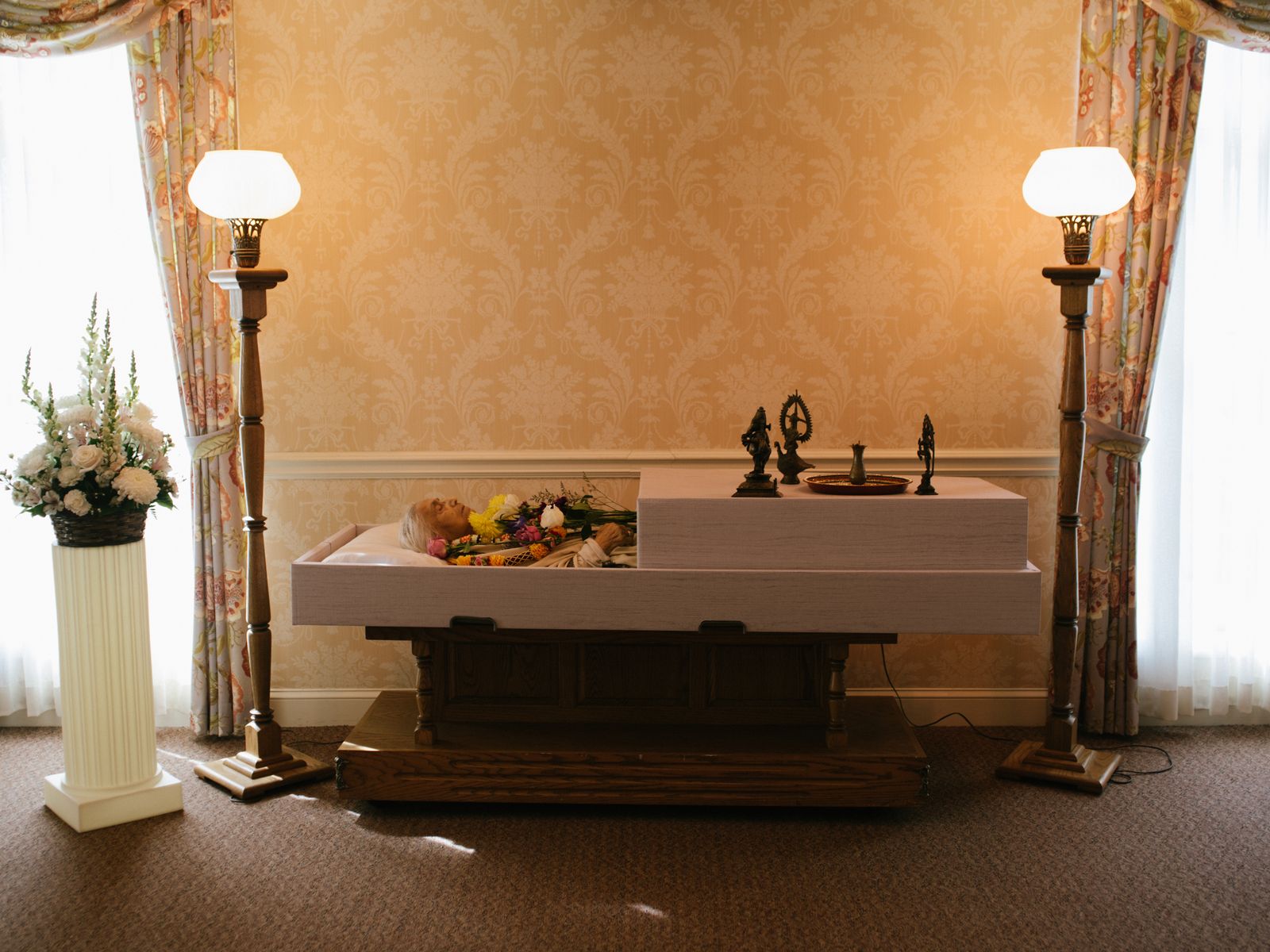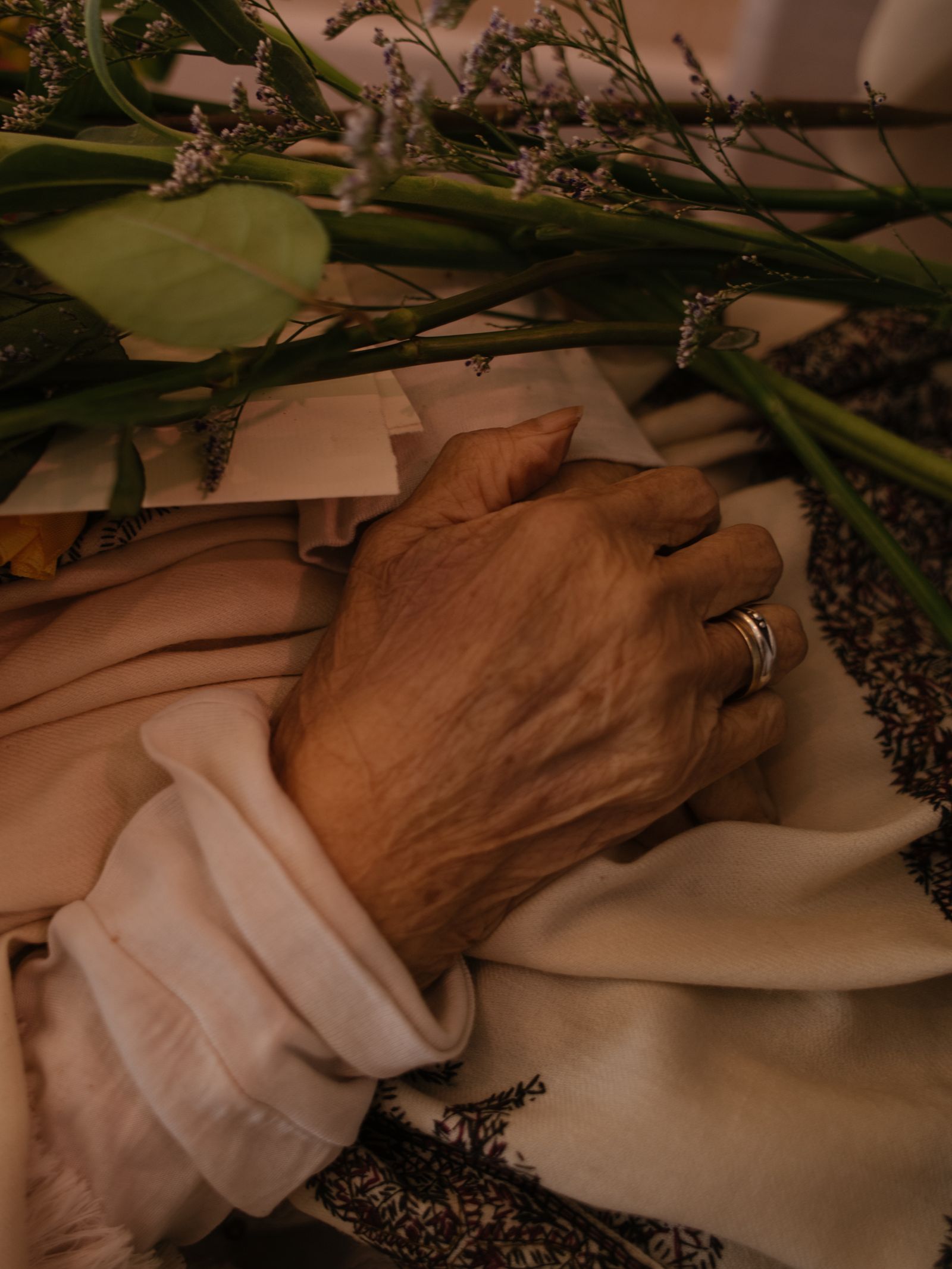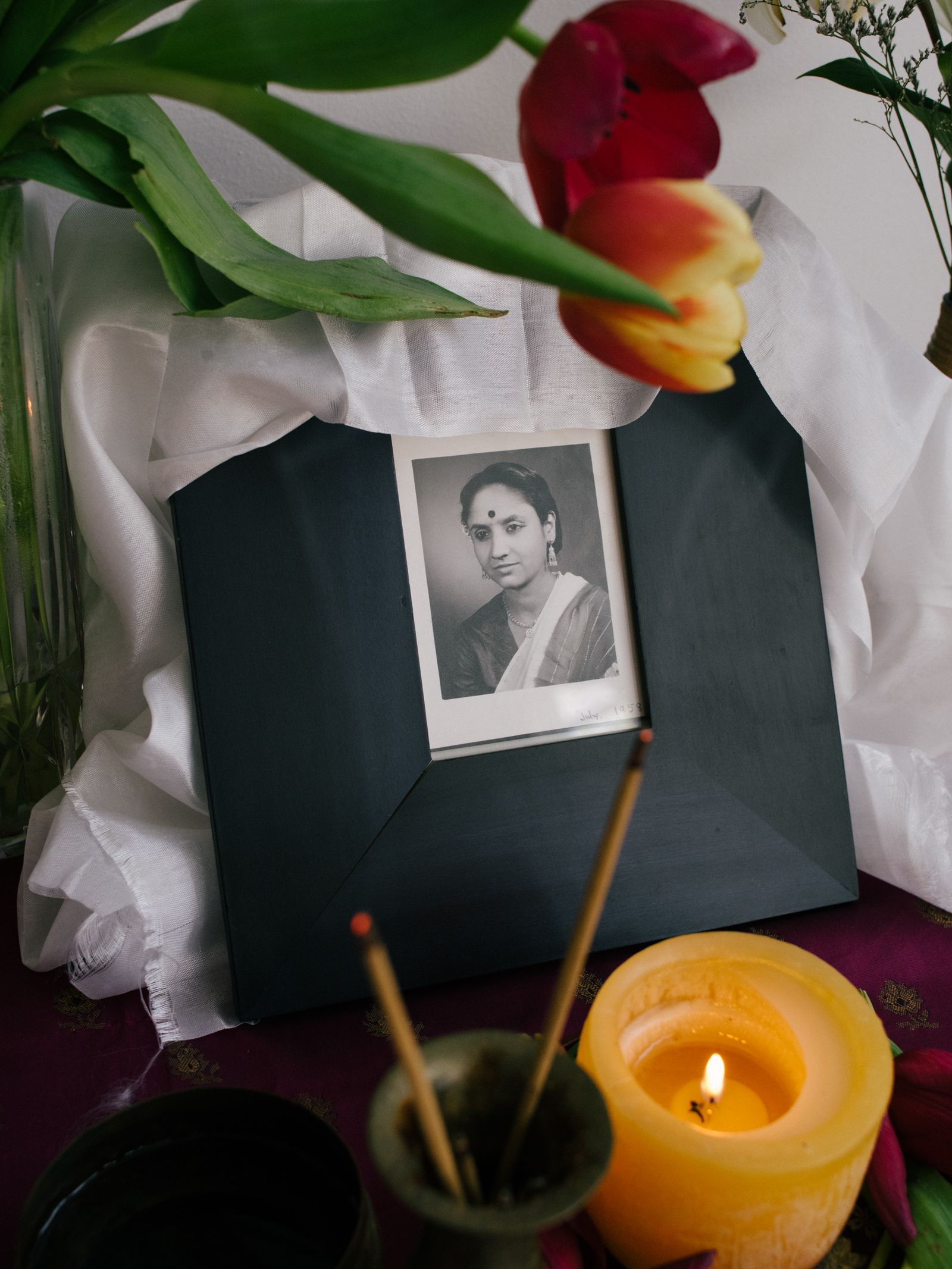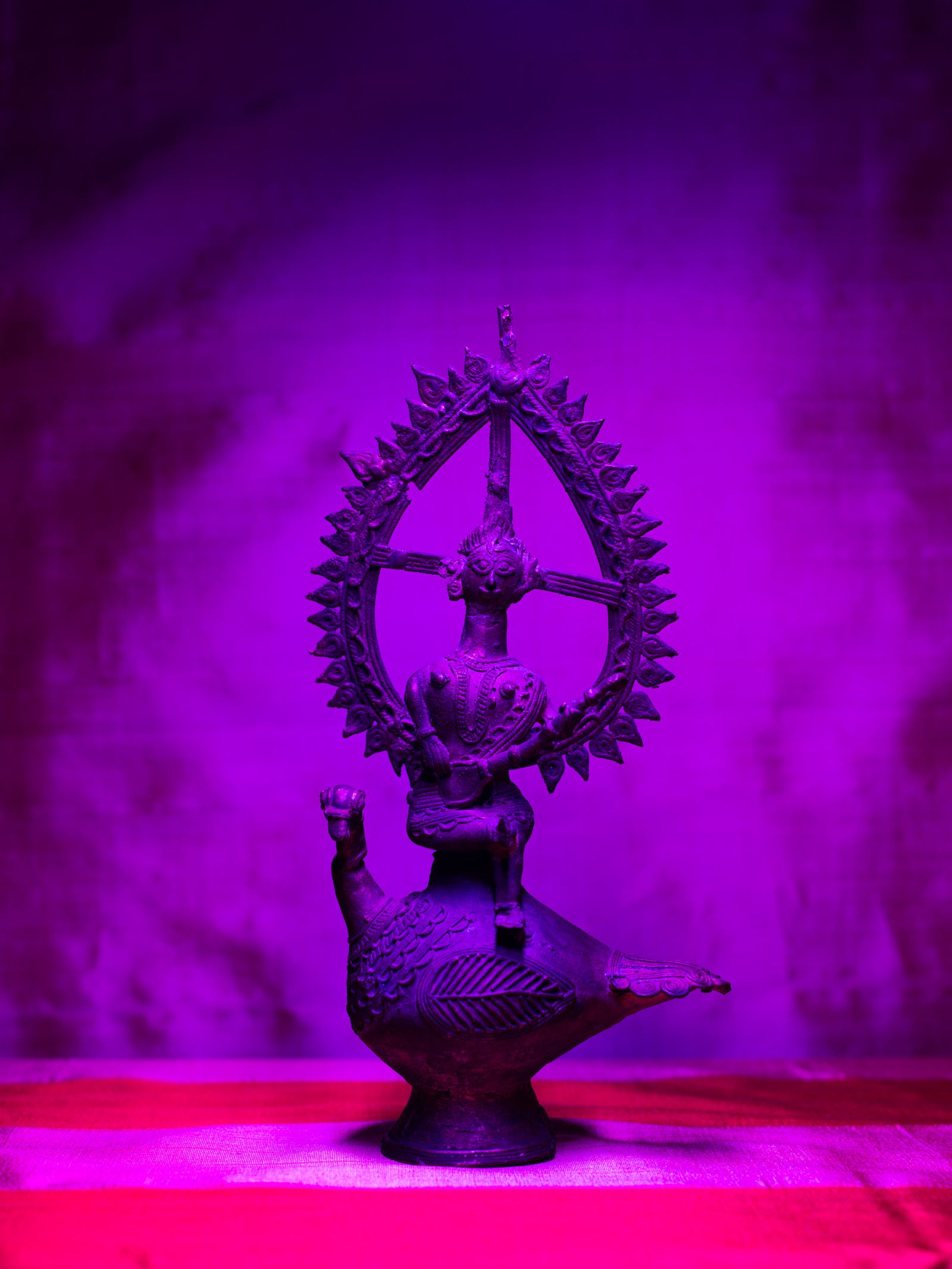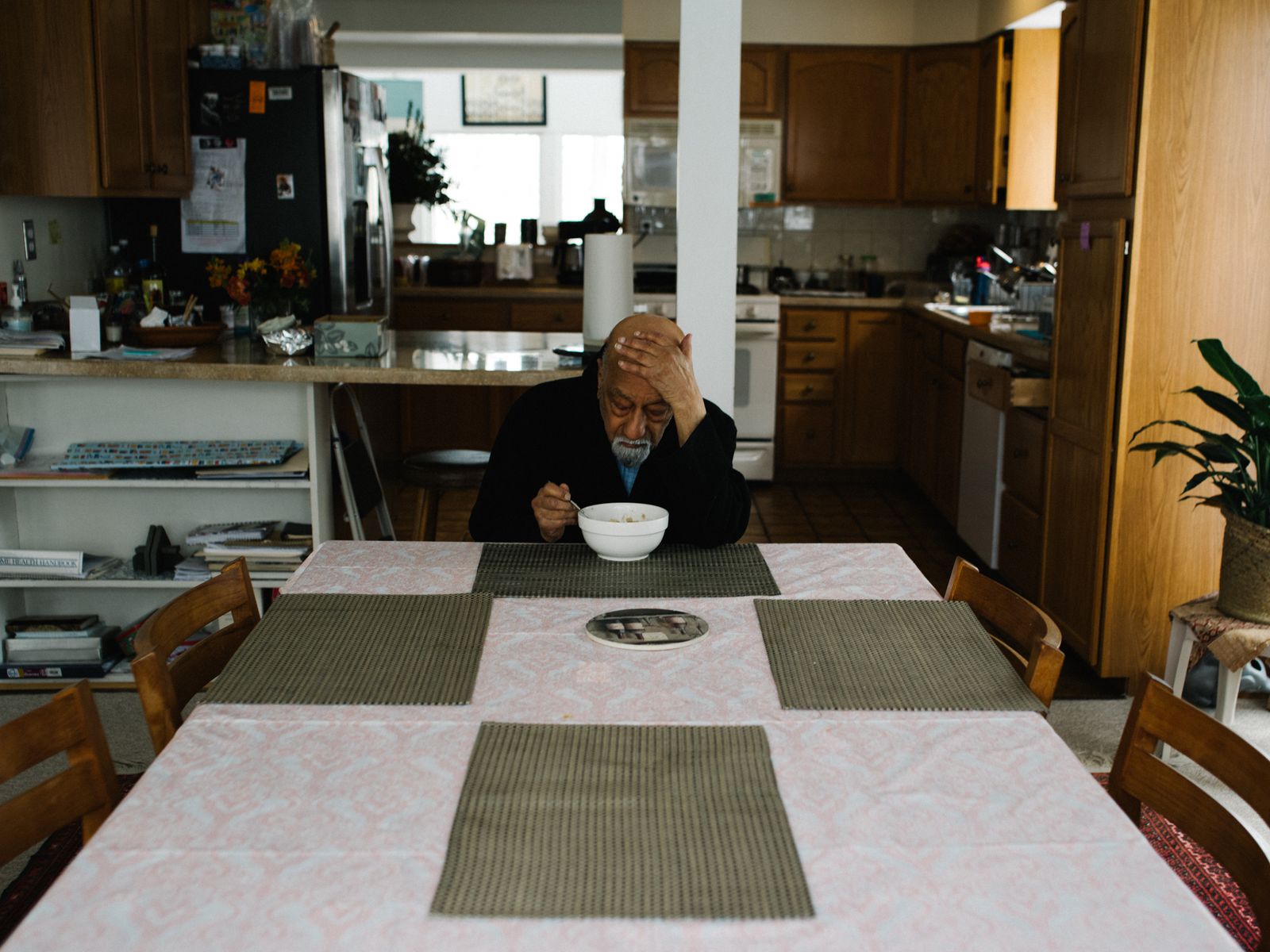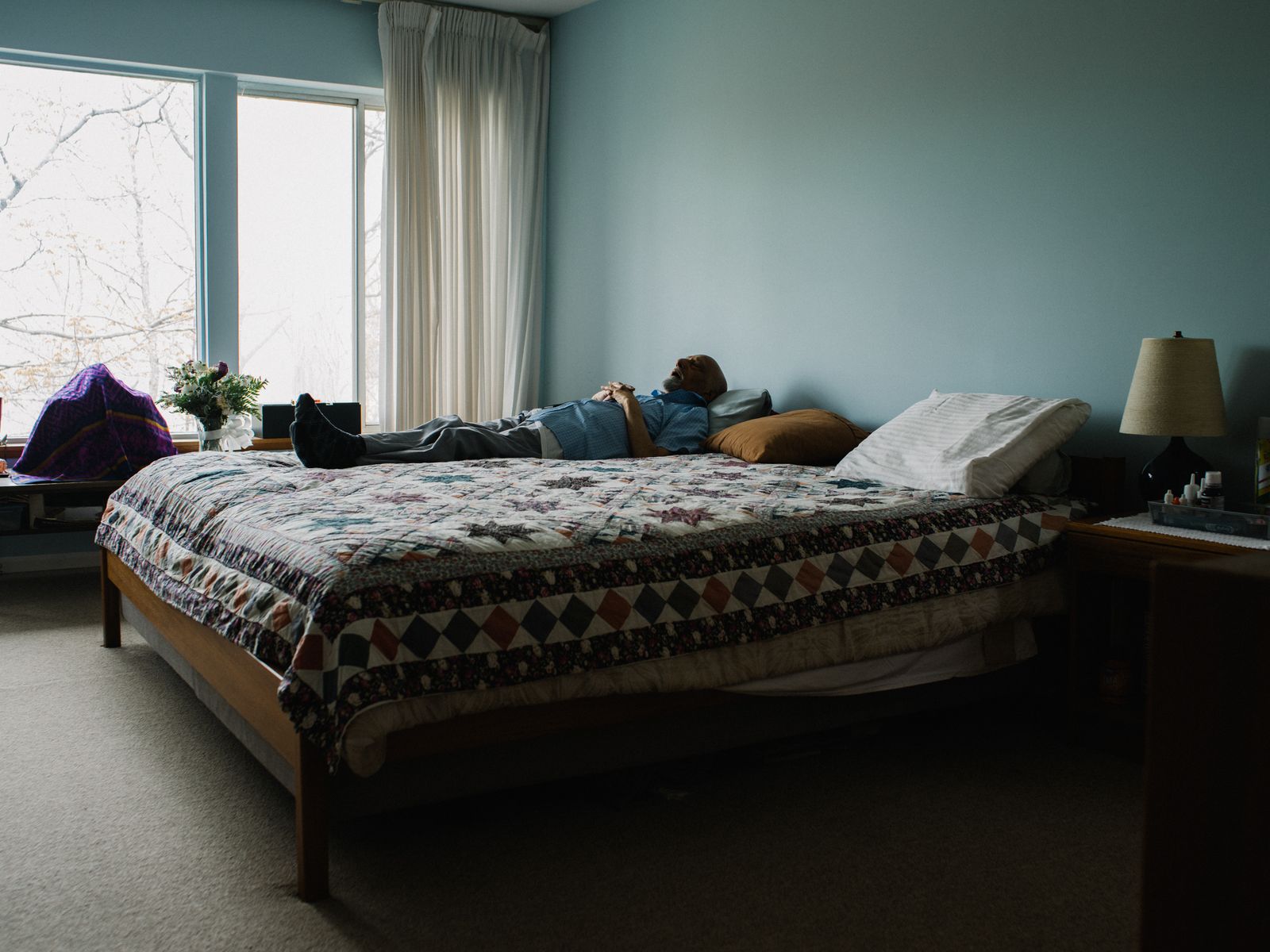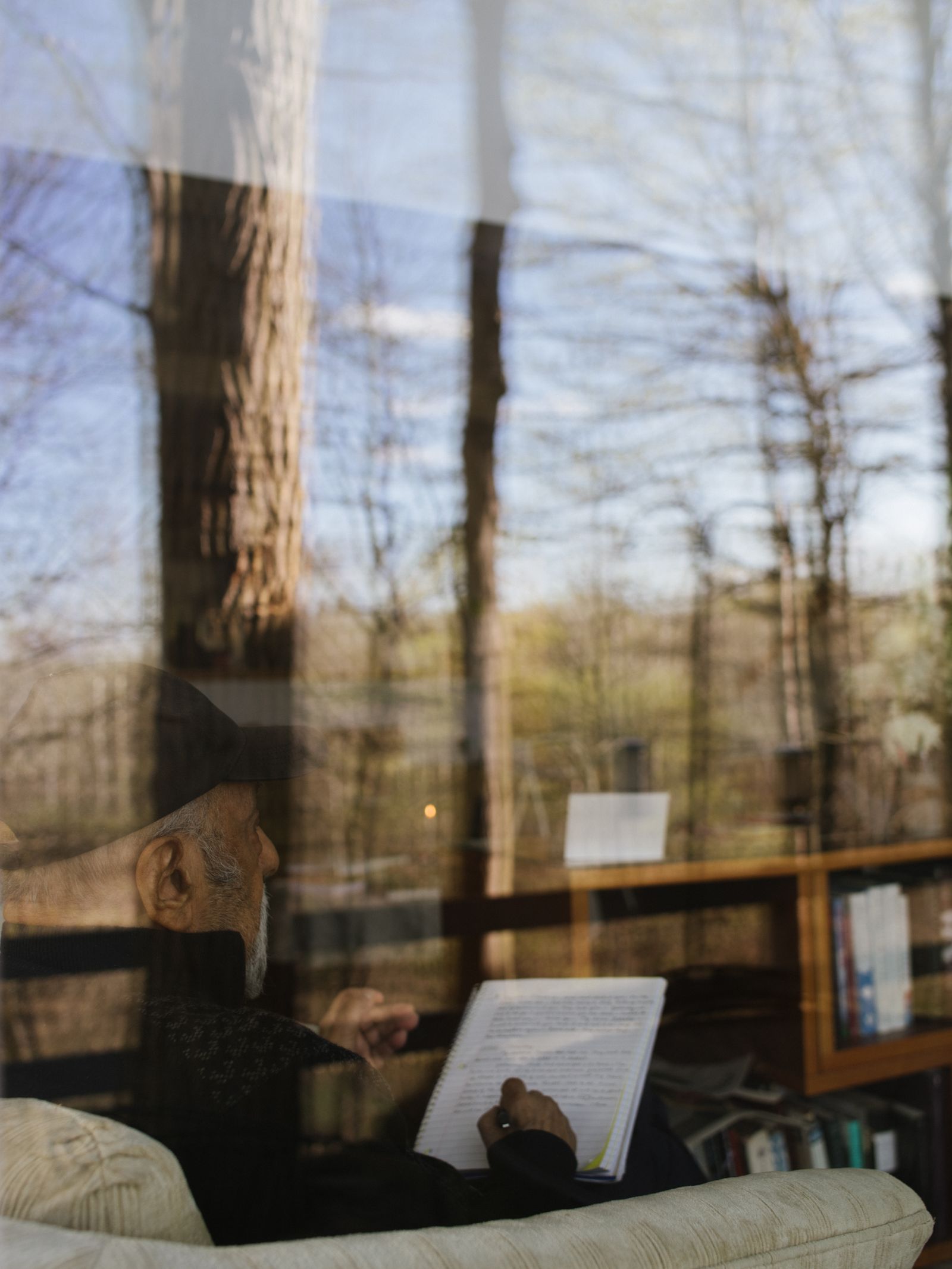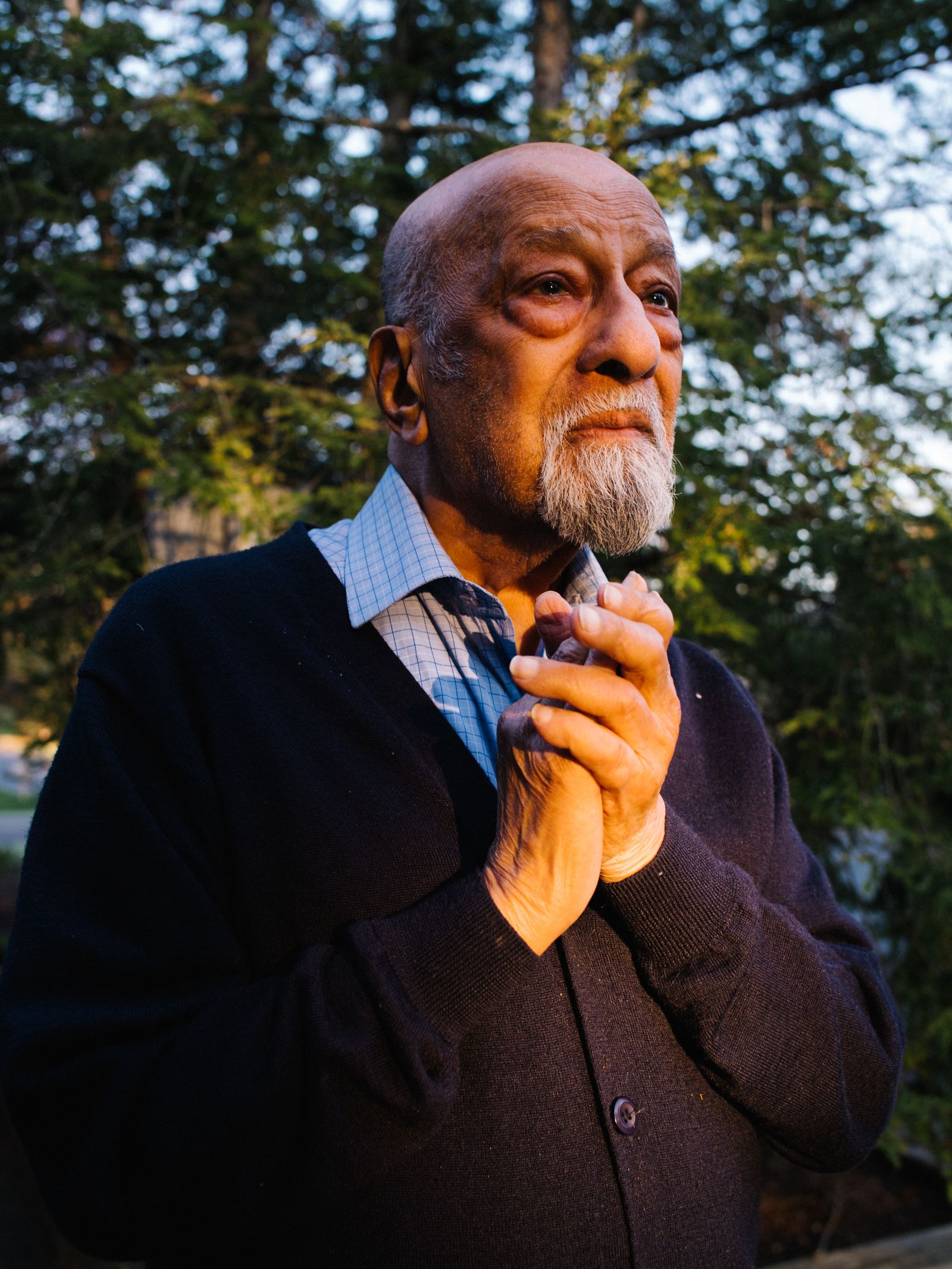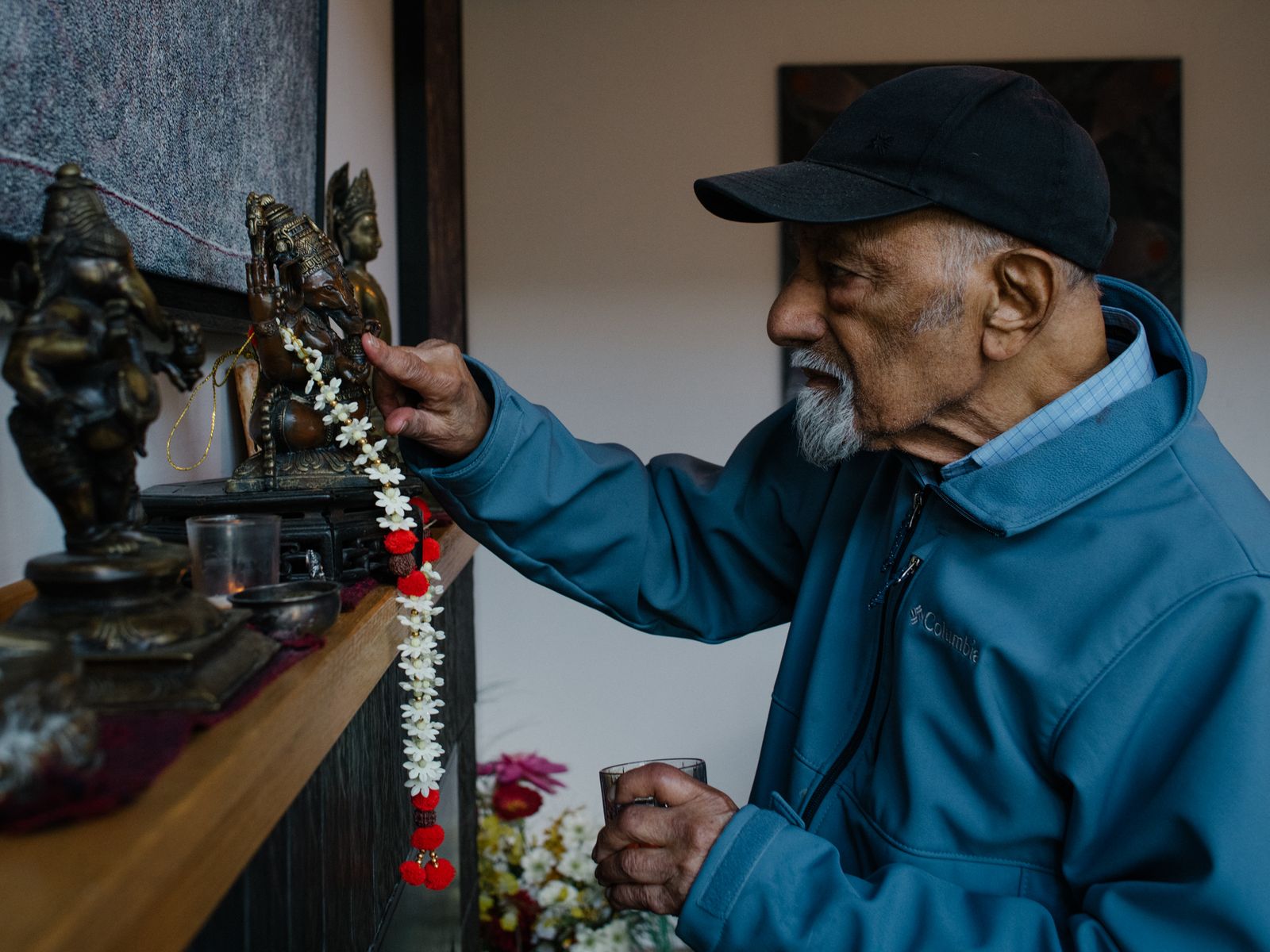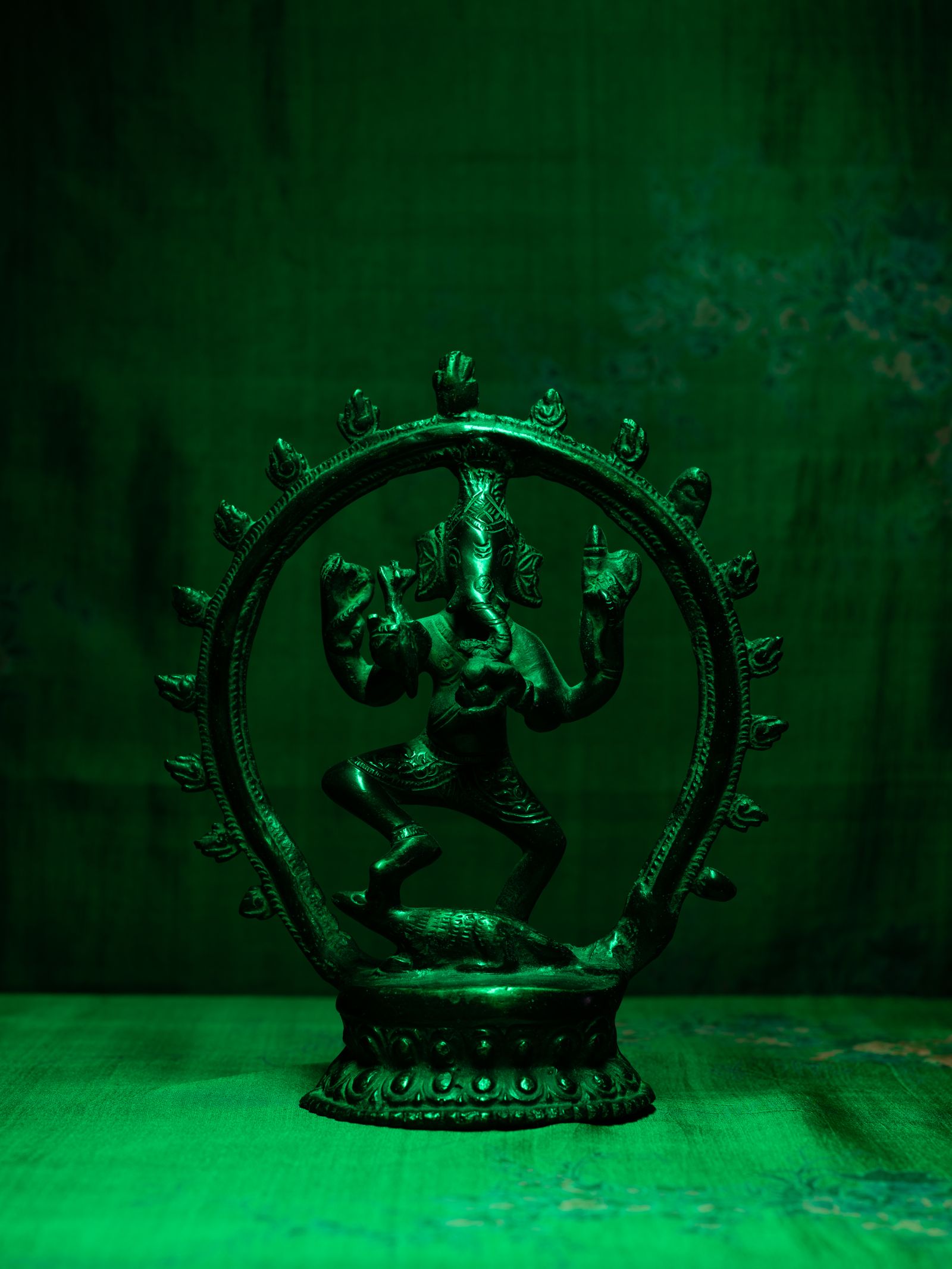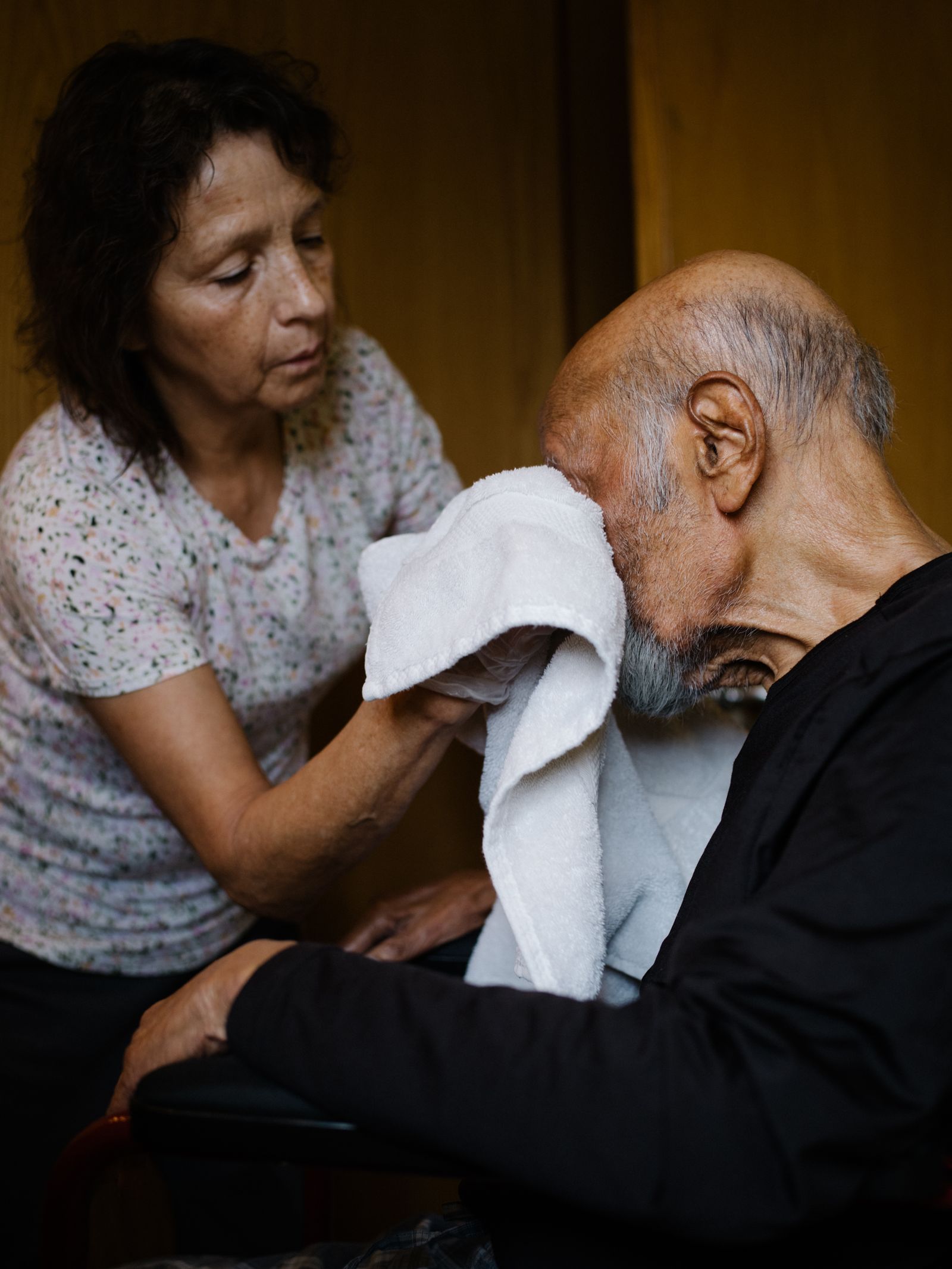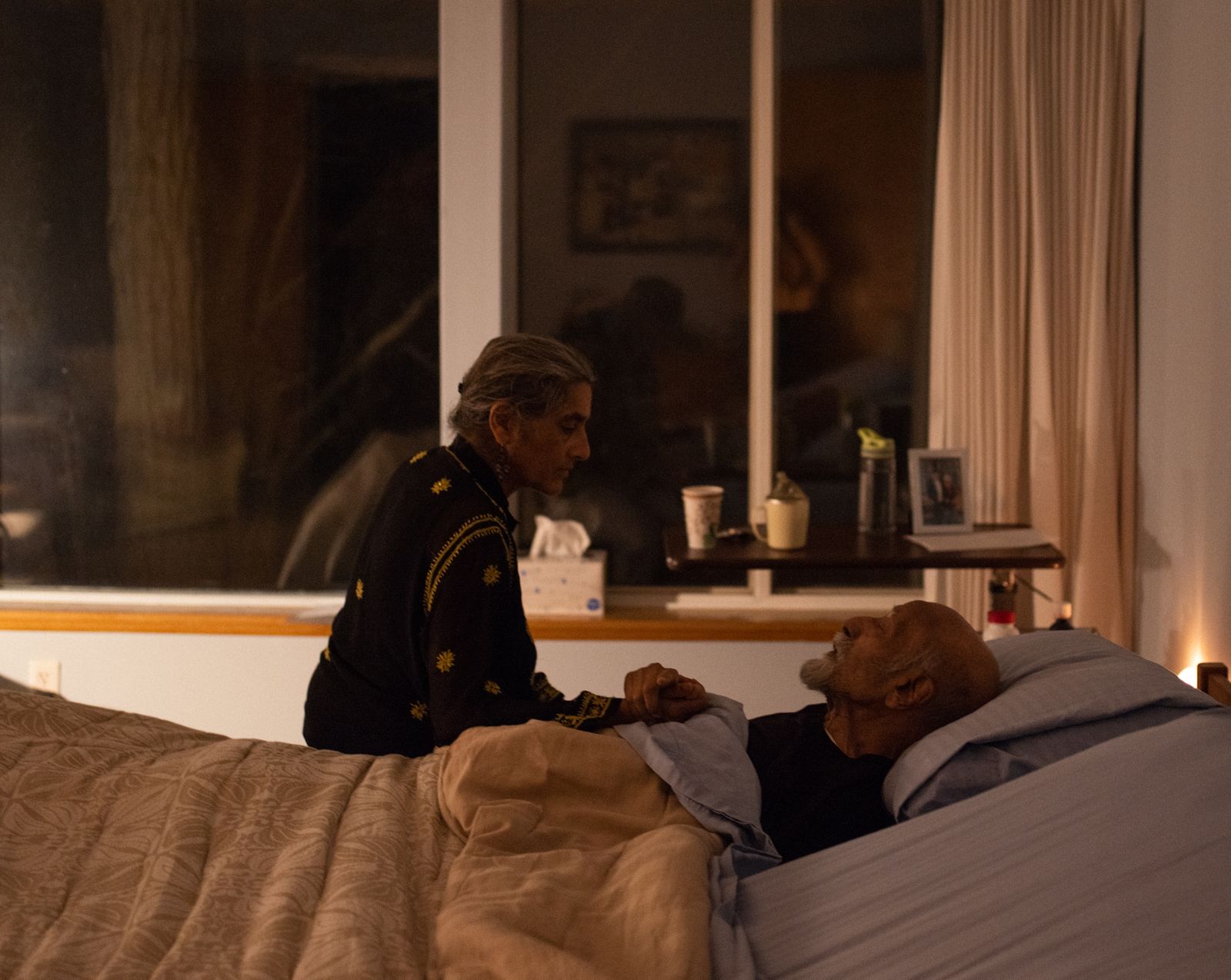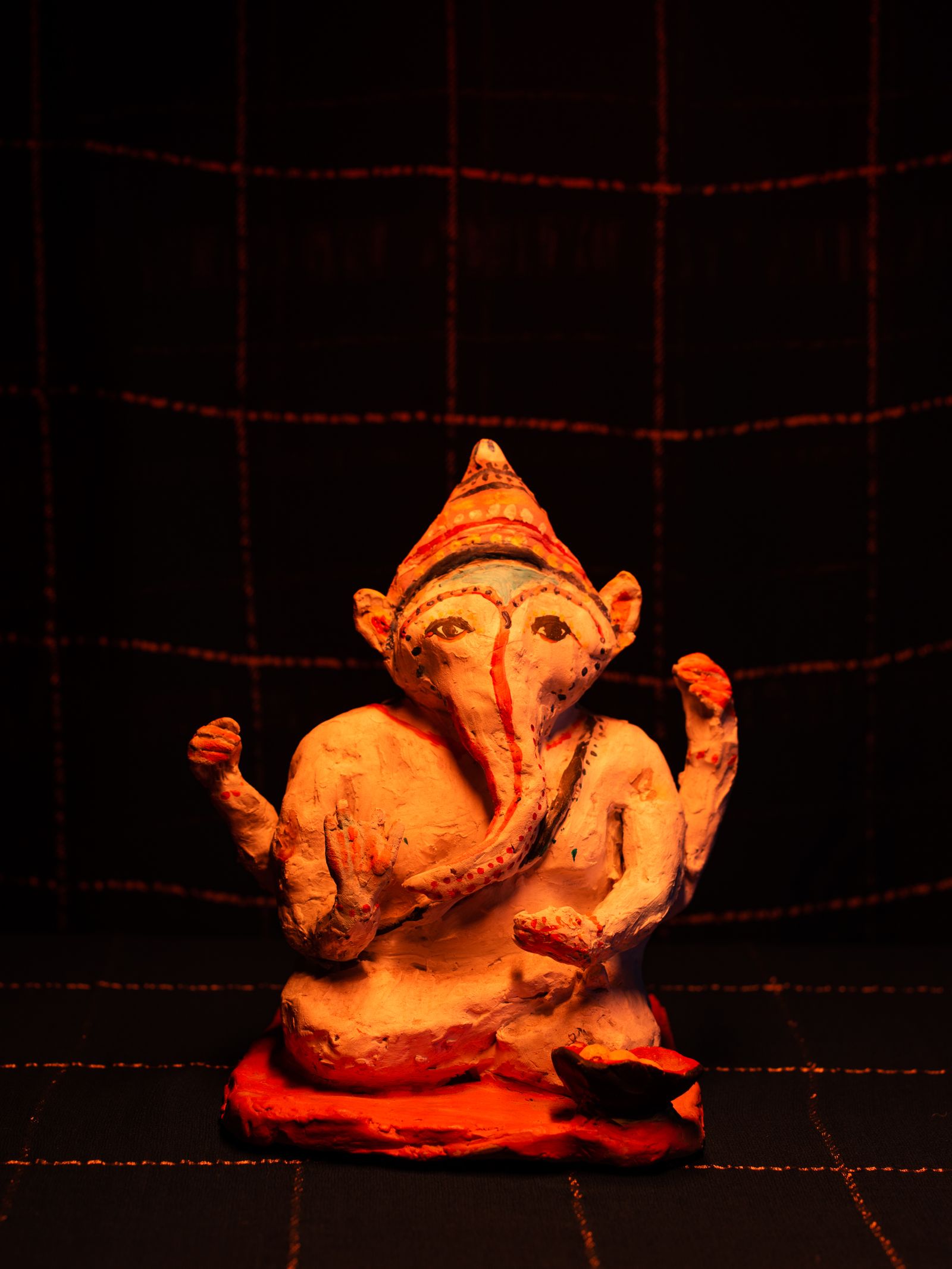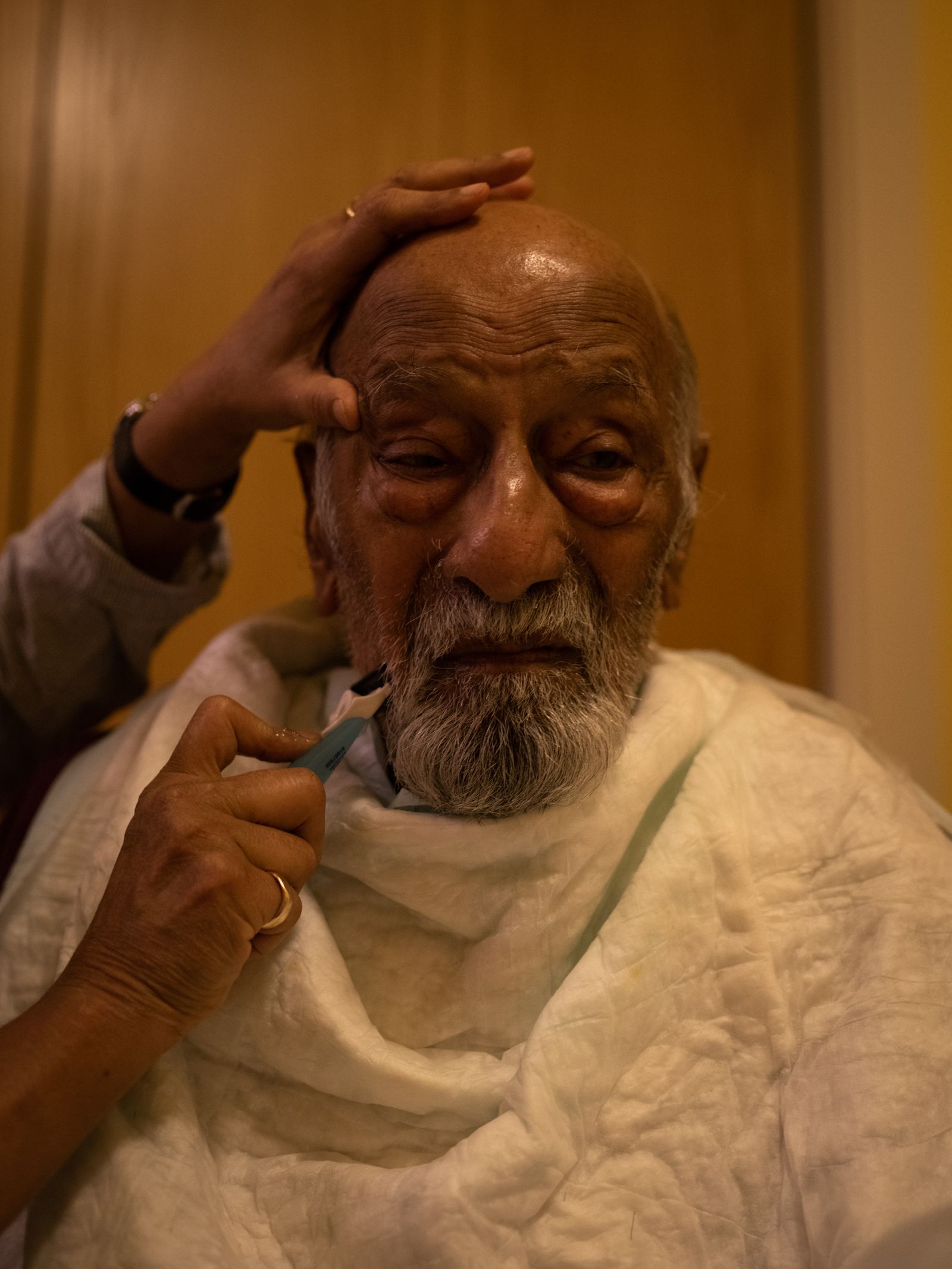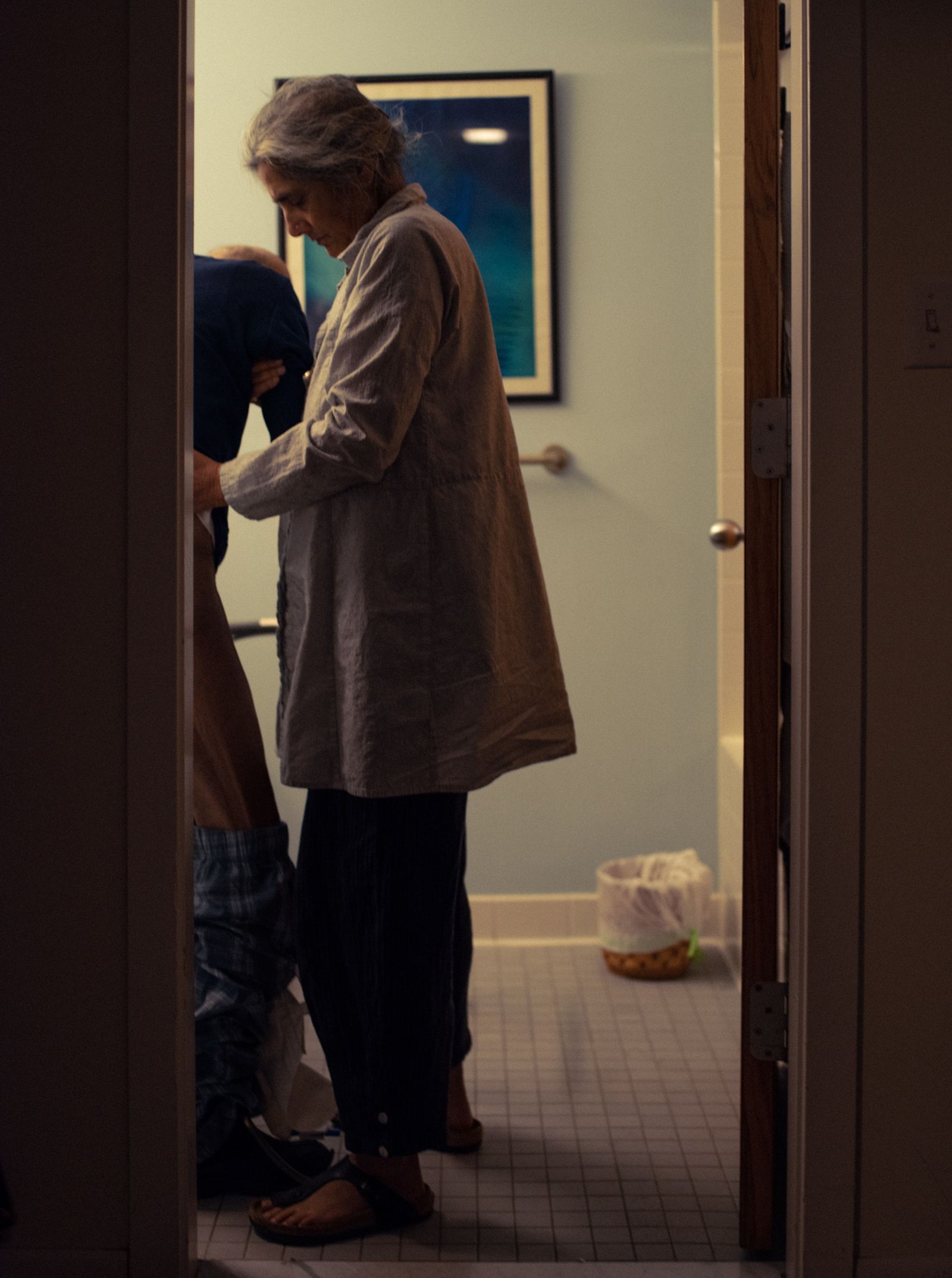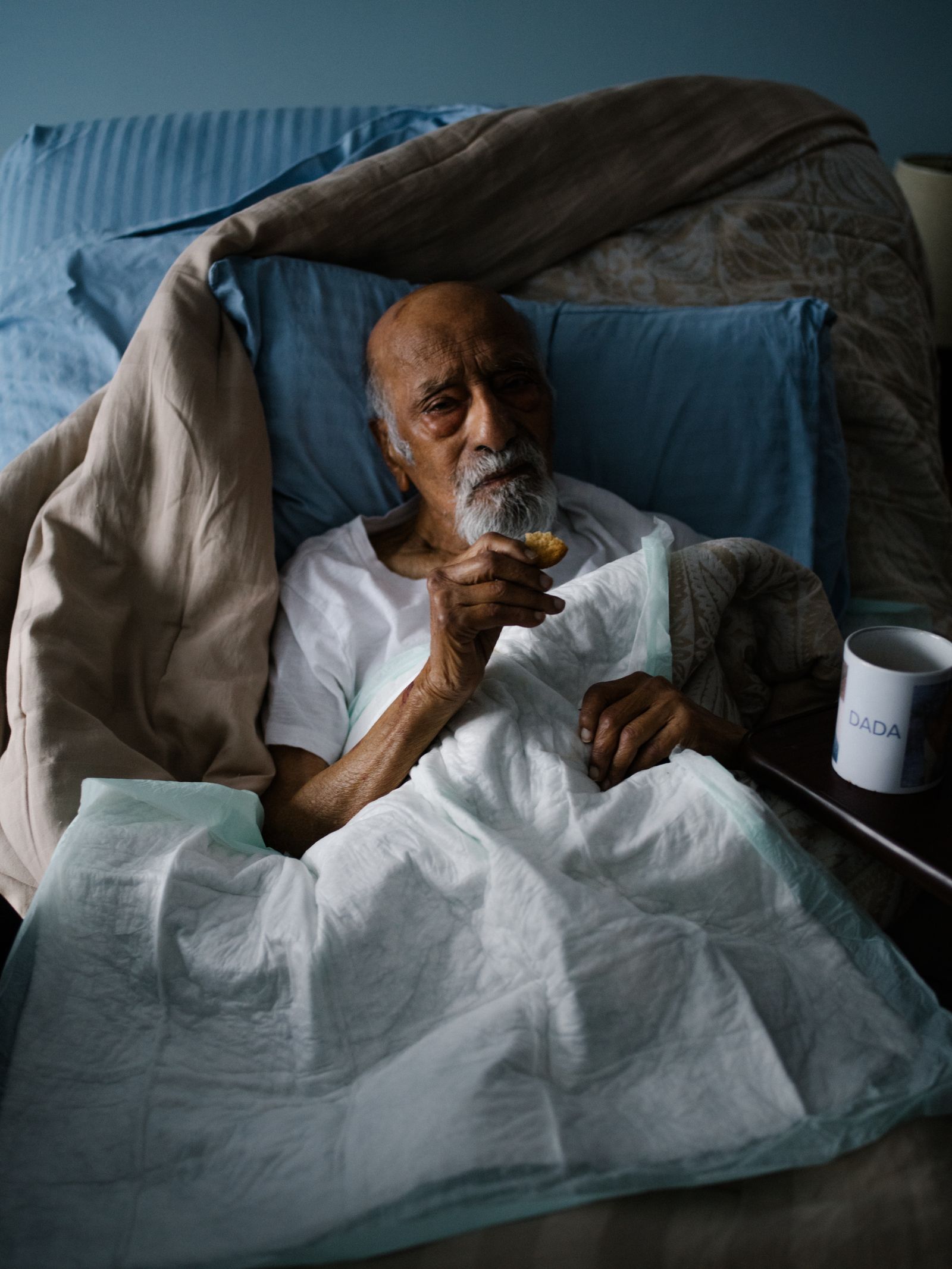Today Be Sweet
-
Dates2021 - Ongoing
-
Author
- Topics Portrait, Contemporary Issues, Documentary
- Locations Fayetteville, Los Angeles
Today Be Sweet is a representation of personal grief as well as an exploration of aging and dying, the acceptance of inevitability, and the ways spirituality evolves in the face of unknowns.
Today Be Sweet was intended to be a project in which I photographed my grandparents nearing their 70th wedding anniversary, portraying the life they crafted together as Indian immigrants living in the United States. Instead, my Nani (grandmother) passed away two days before I was set to arrive at their home near Syracuse, New York. The photographs I took in the wake of her death served both as a way to process my own grief, and as a documentation of my Dada’s (grandfather) life after this loss. After she died his own health deteriorated rapidly, and his death followed hers by nine months.
I plan to develop this work into a photobook, interlacing images with text about my grandparents’ lives and cultural traditions, and my experience with them. In my photographs I try to bring dignity to the process of dying, while personalizing the profound and incomprehensible loss experienced globally over the past two years.
"Dead yesterday, unborn tomorrow, why fret if today be sweet" – Omar Khayyam
"I wonder if you felt that way about the day of your death - was that day as sweet as any other to move on from this life? I will forever hear you in the stories of Rama and Sita, taste you in the satisfaction of sabudana, smell you in the sweetness of ripened mangoes, and see your hands in the ripples of water. May this journey you’re on be filled with poetry and sweets."
I wrote these words to my Nani after she died, and as per Hindu cremation rituals, together with her jewelry, traditional white clothing, flowers, and incense, they burned alongside her body.
I spent the two weeks following her death with my Dada. To replace the images I would have taken of her, I photographed the deities she collected using her old saris as backdrops. I watched my Dada rigidly follow daily routines they had together; meals, cocktail hour, naps, reading.
I visited him again 8 months later, and in that time his physical and mental abilities sharply declined. The routines he had clung to so desperately after Nani’s passing were replaced by days spent drifting in and out of sleep, meals eaten in bed, short stints of conversations, and many assisted trips to the bathroom. I saw his stubbornness, a quality I had associated with him for so many years, soften as he neared death. He accepted help with humility, and though he struggled deeply with the slipping of his mind, he seemed to acquiesce to the limitations of his body.
This project is a representation of personal grief as well as an exploration of aging and death. I hope it will provide perspective into the acceptance of inevitability and the ways spirituality evolves in the face of unknowns, and allows the power of intimacy to transform our collective feelings of loss.
